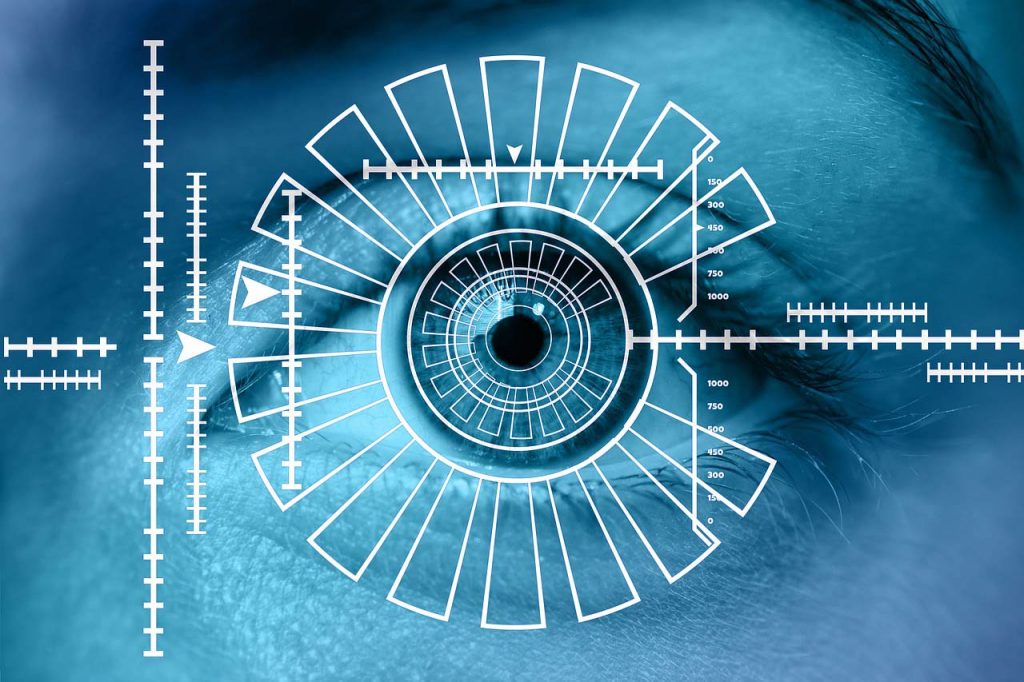
Verifying Your JW Form and Admission Letter: Ensuring Authenticity Before Studying in China!
Applying to study in China can be a long and complex process. After completing your application, submitting documents, and receiving your admission offer, there’s one crucial step that often gets overlooked—verifying the authenticity of your admission documents. Whether you’ve applied through an agency or directly to the university, it’s important to confirm that your JW form and Admission Letter are legitimate to avoid being scammed.
Chinese universities issue JW201 or JW202 forms (depending on your scholarship status) along with your Admission Letter to help you apply for a student visa. In recent years, most universities have switched to issuing soft copies of these documents, so it’s vital to know how to verify them online. Here’s a step-by-step guide to ensuring your documents are genuine.
How to Verify Your JW Form and Admission Letter
With the advancement of digital services, verifying your JW forms (JW201 for government scholarships or JW202 for self-funded or university-funded students) has become much easier. Most universities now provide soft copies of these documents, which can be verified online. Follow these steps to check the authenticity of your documents:
- Verify Using the Study in China Official Website
To verify your JW form (JW201 or JW202) or DQ Certificate, follow these steps:
Visit the official JW form verification website:
JW Certificate Security Verification
Click the security picture verification code on the page. This step ensures that you are a genuine user.
Upload your JW form by clicking the upload button. The system will automatically check the authenticity of your JW and display the verification results. If the document is legitimate, the system will confirm its authenticity.
- Download Your JW Form Online
If you need to download your JW form, you can visit:
JW Form Download
Here, you can download the electronic certificate for your JW201 or JW202 form, but keep these points in mind:
The electronic certificate can only be downloaded with the owner’s consent.
Ensure that the passport name, number, and email address match the information submitted in your university or scholarship application.
For JW201 forms (Chinese Government Scholarships), the details must match the information in the Chinese Government Scholarship Information System.
Remember, most universities are no longer issuing hard copies of JW forms. Instead, they issue soft copies, which students are asked to download, print, and use for their visa applications. This shift towards digital forms means that verifying your JW form online is the most reliable way to ensure its authenticity.
Spotting Fake or Doctored Admission Letters and JW Forms
While most JW forms can now be verified online, it’s still essential to examine both your Admission Letter and JW form for inconsistencies. Here are a few tips to help you detect fake documents:
- Cross-Check University Contact Details
Compare the contact details on your Admission Letter and JW form with the official university website. If the phone numbers, addresses, or emails differ, it’s a sign that the documents may be forged. - Verify Course Information
Ensure the major, language of instruction, and duration on your documents match the university’s official offerings. If they don’t, the documents could be fraudulent. - Check the University Bank Details
If your Admission Letter asks for a deposit or tuition payment, confirm that the bank account provided belongs to the university. No legitimate university will ask you to transfer money into a personal account. - Look at the Document Format
Authentic Admission Letters are typically printed on high-quality paper or digital copies with clear university seals and logos. If you notice blurry logos or inconsistencies in font and layout, it could indicate a doctored document. - Compare Seals and Logos
Compare the university seal on your documents with the official seal on the university’s website. If the seal is unclear or looks different, this is a red flag. - Check the Quality of Printed Text
Low-quality printing, inconsistencies in text formatting, or strange-looking logos could indicate that the document was scanned and altered. While this shouldn’t be the sole criterion for deciding if a document is fake, it should raise your suspicion. - JW Form Types and Their Meaning
JW201 Form: Issued to students who are recipients of Chinese Government Scholarships (CSC). You’ll see “JW201” printed at the top right corner.
JW202 Form: Issued to students who are either self-funded or receiving university-specific scholarships.
Make sure to download the correct form and verify it online to avoid any complications during your visa application process.
Key Reminders Before Your Departure
Always verify your JW form and Admission Letter before proceeding with your visa application.
Most universities have switched to issuing soft copies of JW forms, so downloading and verifying the form online is now standard practice.
Universities are gradually shifting to soft copies of Admission Letters, so don’t be surprised if you’re asked to print it out yourself.
If you receive any document that seems off, contact the university directly for clarification. They will be happy to assist you in verifying the authenticity of your documents.
Conclusion
Ensuring that your documents are authentic is a critical part of your journey to study in China. With the shift towards digital forms, it’s easier than ever to verify the legitimacy of your JW201/JW202 forms and Admission Letters online. Make sure to follow the verification steps and always cross-check details to avoid falling victim to scams. If you’re ever unsure, reach out to the university for confirmation—your future education in China depends on it.
